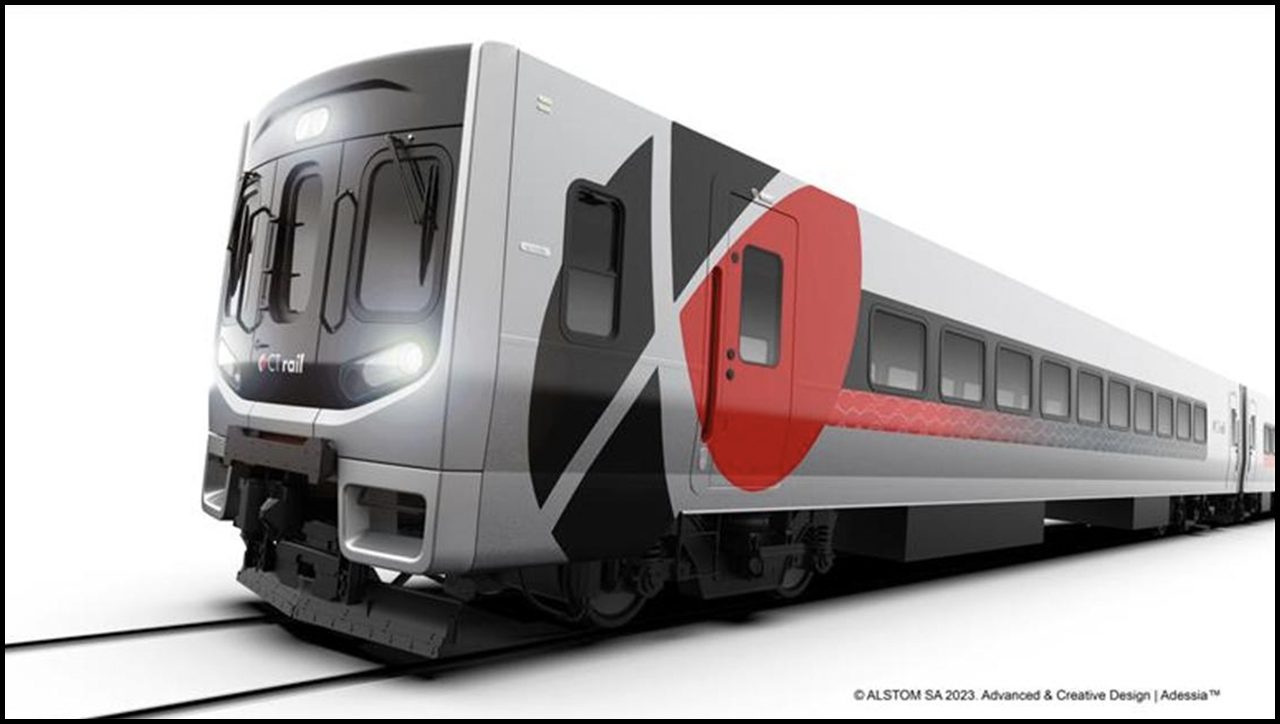- Joined
- Dec 10, 2011
- Messages
- 5,599
- Reaction score
- 2,717
Am I making this up, or is there some law/regulation/de-facto standard that says interstate rail must be operated by Amtrak, outside of some exceptions (such as Rhode Island subsidizing MBTA service). I could have sworn I read something like this at some point, but can't find anything about it.
Here's how I think about it based on 2008 Passenger Rail Investment and Improvement Act (PRIIA) and subsequent tweaks.
MOSTLY ABOUT TRACKAGE RIGHTS
- Amtrak is still the de jure repository of all rights to operate passenger rail on the Freight Railroads on the routes it received as the price of the Freight railroads no longer having to subsidize passenger service. It has a monopoly on that portfolio, but the rights in the portfolio are not exclusive and can overlap with commuter lines who also have specific rights within specific regions on tracks they don't own (e.g. Chicago Metra on BN & UP and MARC's Brunswick line on CSX).
- The practical effect is that any "new" service requires either Amtrak's old rights or that the State sponsor negotiate new rights. Amtrak can't just say "give me a new/restored slot" As we've seen with Amtrak's attempts to restore Gulf Coast service, even having rights is no guarantee that the Freights will allow/deliver the kind of speed and dispatching that passenger demand. Those have to be renegotiated by either the State (brandishing the "carrot" of upgrade $$$, which Virginia and Vermont have used, and which MA will have to pony up for the Inland Route) or Amtrak (brandishing the "stick" of going to the STB to force service, which the RRs fight with sand in the regulatory gears (again, see the Gulf Coast restoration)).
- Last I checked, Freight train interference is still the #1 cause of Amtrak delays. Sometimes its really blatant: Fed/State paid for a passenger bypass around CSX's Acca Yards, and then CSX parked freight trains on the bypass, forcing the State to add a second track to the bypass.
- It is not tied to intra/inter state legally. Basically, it all is a Federal "interstate commerce" question if you're operating on a Railroad, and whether your particilar train crosses a state line or not. Commuter services that were never turned over to Amtrak by the Freights are all separate deals and have long operated across state lines (Eg Chicago UP-N route which runs to Kenosha Wi, Maryland MARC Camden & Brunswick lines in and out of DC & WV on CSX,
- It is tied to where the trackage rights came from. If a state (such as North Carolina, Mass, or CT ) happen to own their track (the NCRR, MBTA, or MNRR), or you happen to BE the private railroad (like Brightline), then you don't need Amtrak's help ON THOSE SEGMENTS.
WHAT PRIIA CHANGED
- Unbundling. With 2008's PRIIA, Amtrak's portfolio of trackage rights was separated from its equipment, crews, and terminals, ending its ability create a near-monopoly on trains & crews by tying them to its trackage rights.. States and other sponsors no longer had to negotiate a package deal. If they could put together train & crew they could then lease only Amtrak's rights.
- Standardized Price List. Amtrak had to formulate specific, nationally standardized prices at which states could rent its equipment or rent its crews (it could no longer lever its trackage rights to make states overpay for equiment, nor could it cut crazy money-losing deals for historic or political reasons. E.g., Indiana let the Hoosier State (CHI-IND) end its 3xrather than pay the standard rate. North Carolina chose to buy its own fleet but have Amtrak crew it (and NC had to buy/partner on the economics of the NC-to-DC segment that the Carolinian operates over (on CSX) because it was easier for NC to get the rights via Amtrak than have to negotiate with CSX over track in Virginia)
- Self-Funding of Equipment. The PRIIA equipment rates had to be true replacement cost (they couldn't just bill out old fully-depreciated trains) such that Amtrak could buy replacement fleets "like a business" rather than separately keep going back to congress after the states had worn out its trains in service.
EXAMPLES
- Virginia found that given high NEC ticket prices, it paid to rent Amtrak NER crew & equipment and extend NER service, requiring very little state subsidy. National-average replacement costs have worked very well for them, but/and they ended up having to lavish a lot of $ on CSX (Richmond's Acca Yards) Norfolk Southern (Lynchburg, then Roanoke, now Blacksburg) for upgrades to smooth the way (even though they were using Amtrak's rights, the RRs could negotiate the new frequencies)
- North Carolina will retire its fleet and switch to the Amtrak national pool as a better way of getting new trains (their attempt to buy and re-hab the old Ringling Brothers circus train having failed and having found Amtrak's buying power better when shopping for new)
Last edited:


